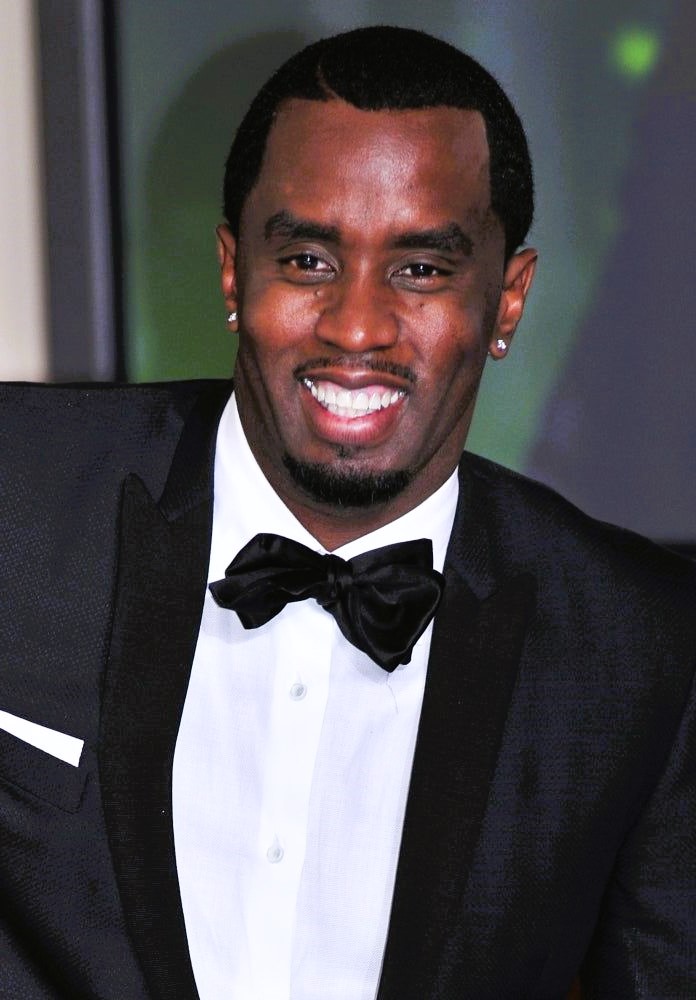
Sean Combs, also known by his stage names Puff Daddy, P. Diddy, and simply Diddy, is a figure who has transcended the music industry to become one of the most influential figures in entertainment and business. His career spans decades, marked by his talents as a producer, rapper, entrepreneur, and philanthropist. Combs’ impact on hip-hop and pop culture is undeniable, and his entrepreneurial endeavors have solidified him as one of the wealthiest and most powerful figures in the industry. Let’s explore the evolution of Sean Combs and his multifaceted career.
Early Life and Breakthrough in Music
Sean John Combs was born on November 4, 1969, in Harlem, New York City, and raised in Mount Vernon. His early life was shaped by the streets of New York, where he developed an interest in music and business from a young age. After attending Howard University, Combs landed an internship at Uptown Records, where he quickly rose through the ranks. He eventually became an A&R executive, working with artists like Mary J. Blige and Jodeci, honing his ability to spot talent and craft hits.
However, it was his departure from Uptown in 1993 that set the stage for his legendary career. Combs founded Bad Boy Records, which would become a defining force in hip-hop. Under his guidance, the label signed some of the most iconic artists of the 1990s, including The Notorious B.I.G., Mase, Faith Evans, and 112. With Combs at the helm, Bad Boy Records became synonymous with success, launching careers and producing countless hits.
The Rise of Puff Daddy
In the mid-1990s, Sean Combs emerged from behind the scenes to become a star in his own right. As Puff Daddy, he released his debut album, No Way Out, in 1997, which became an instant classic. The album featured the hit single “I’ll Be Missing You,” a tribute to his close friend The Notorious B.I.G., who was tragically murdered earlier that year. The song topped the charts worldwide and won a Grammy Award, cementing Puff Daddy’s status as a rapper and performer.
No Way Out went on to achieve multi-platinum status, and Puff Daddy’s presence in the music industry grew even stronger. Throughout the late 1990s and early 2000s, he continued to produce chart-topping hits, collaborating with top artists and solidifying his reputation as a producer with a golden touch.
Reinventing Himself: P. Diddy to Diddy
As the 2000s progressed, Combs began to reinvent himself. In 2001, he changed his stage name to P. Diddy, signaling a new phase in his career. The name change coincided with his continued dominance in both music and business. He released successful albums like The Saga Continues and launched the MTV reality show Making the Band, further expanding his reach into mainstream entertainment.
By 2005, Sean Combs shortened his name once again to Diddy, under which he continued to thrive. He ventured into fashion, launching the Sean John clothing line, which became a major success, earning him accolades such as the CFDA Award for Menswear Designer of the Year. The brand was praised for its stylish, urban designs and quickly became a staple in hip-hop fashion.
Entrepreneurial Ventures and Business Empire
While Diddy is best known for his contributions to music, his success as an entrepreneur cannot be overlooked. Over the years, he has built a sprawling business empire that includes ventures in fashion, spirits, media, and more. In the world of spirits, Diddy’s partnership with Ciroc vodka is one of his most lucrative ventures. His role as a brand ambassador and co-owner of Ciroc has helped the brand skyrocket in popularity, becoming a dominant force in the premium vodka market.
Additionally, Sean Combs launched Revolt TV, a cable television network focused on music and culture. Revolt TV aims to provide a platform for emerging artists while keeping viewers connected to the latest in hip-hop and entertainment.
His business ventures, along with his continued success in music, have made Diddy one of the wealthiest figures in the entertainment industry, with Forbes frequently listing him among the highest-earning entertainers.
Philanthropy and Legacy
Throughout his career, Sean Combs has also been deeply committed to philanthropy. He has donated millions to causes related to education, youth programs, and healthcare. His notable contributions include his involvement in opening a charter school in his native Harlem and participating in various fundraising efforts for disaster relief.
Diddy’s influence extends far beyond music. His role as a cultural icon, entrepreneur, and philanthropist has left a lasting impact on the worlds of entertainment and business. As a mogul who has continually reinvented himself, Sean Combs has shown that success in one field can open the door to opportunities in others. His evolution from Puff Daddy to Diddy is a testament to his resilience, vision, and ability to stay ahead of the curve.
Conclusion
Sean Combs is more than just a music mogul—he is a visionary who has shaped and reshaped the landscape of entertainment and business. From his early days in New York to his rise as one of the wealthiest and most influential figures in the world, Diddy’s career is a story of reinvention, ambition, and unwavering commitment to success. Whether through his music, his entrepreneurial ventures, or his philanthropic efforts, Sean Combs has cemented his legacy as a cultural and business icon.